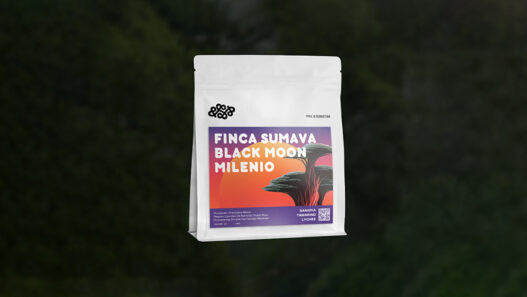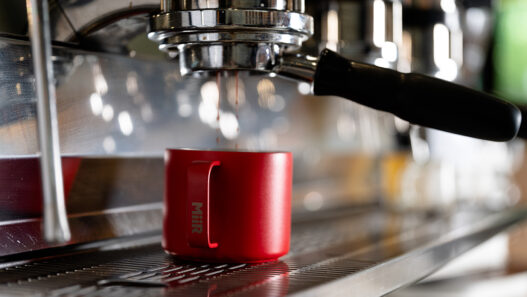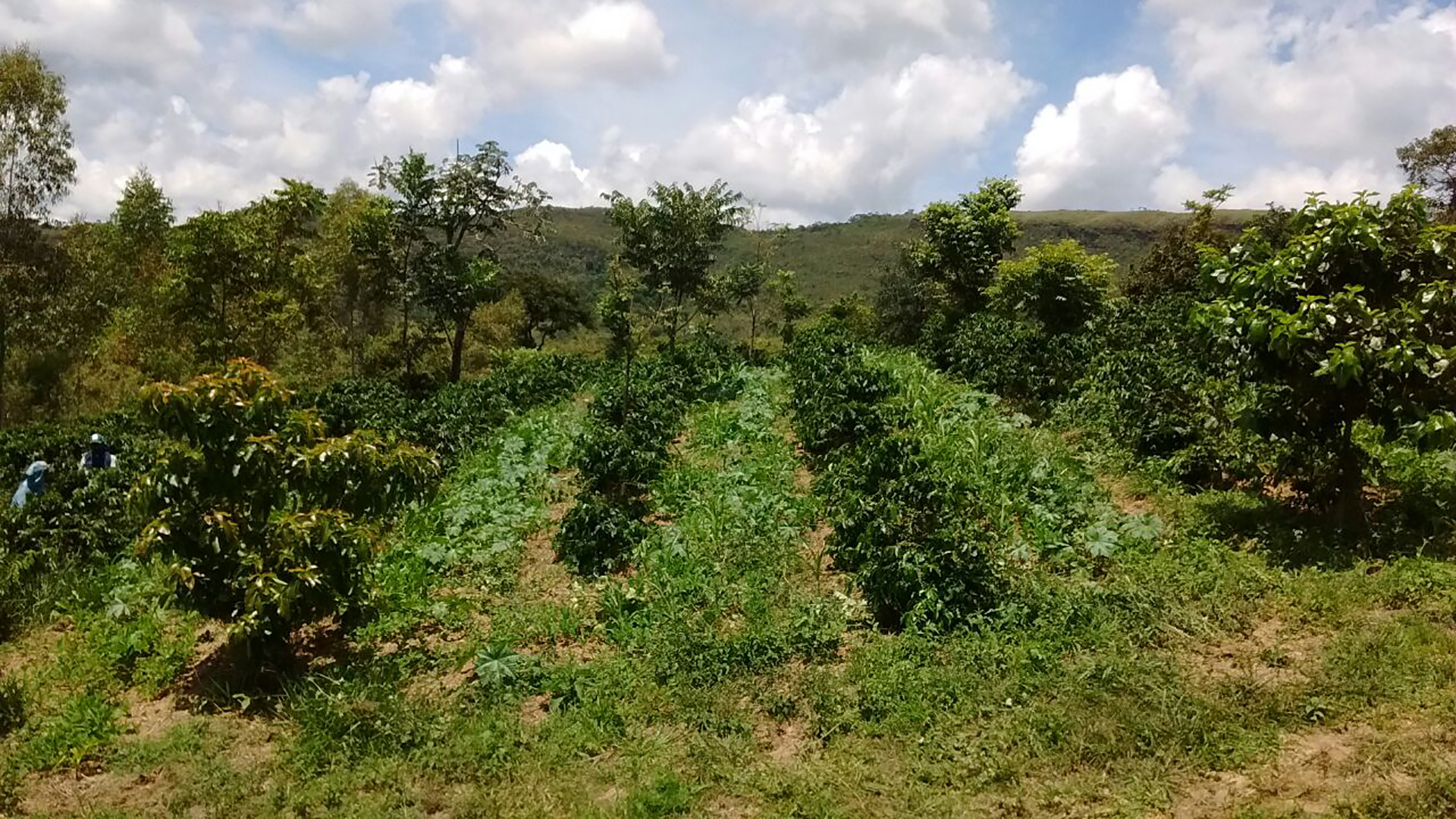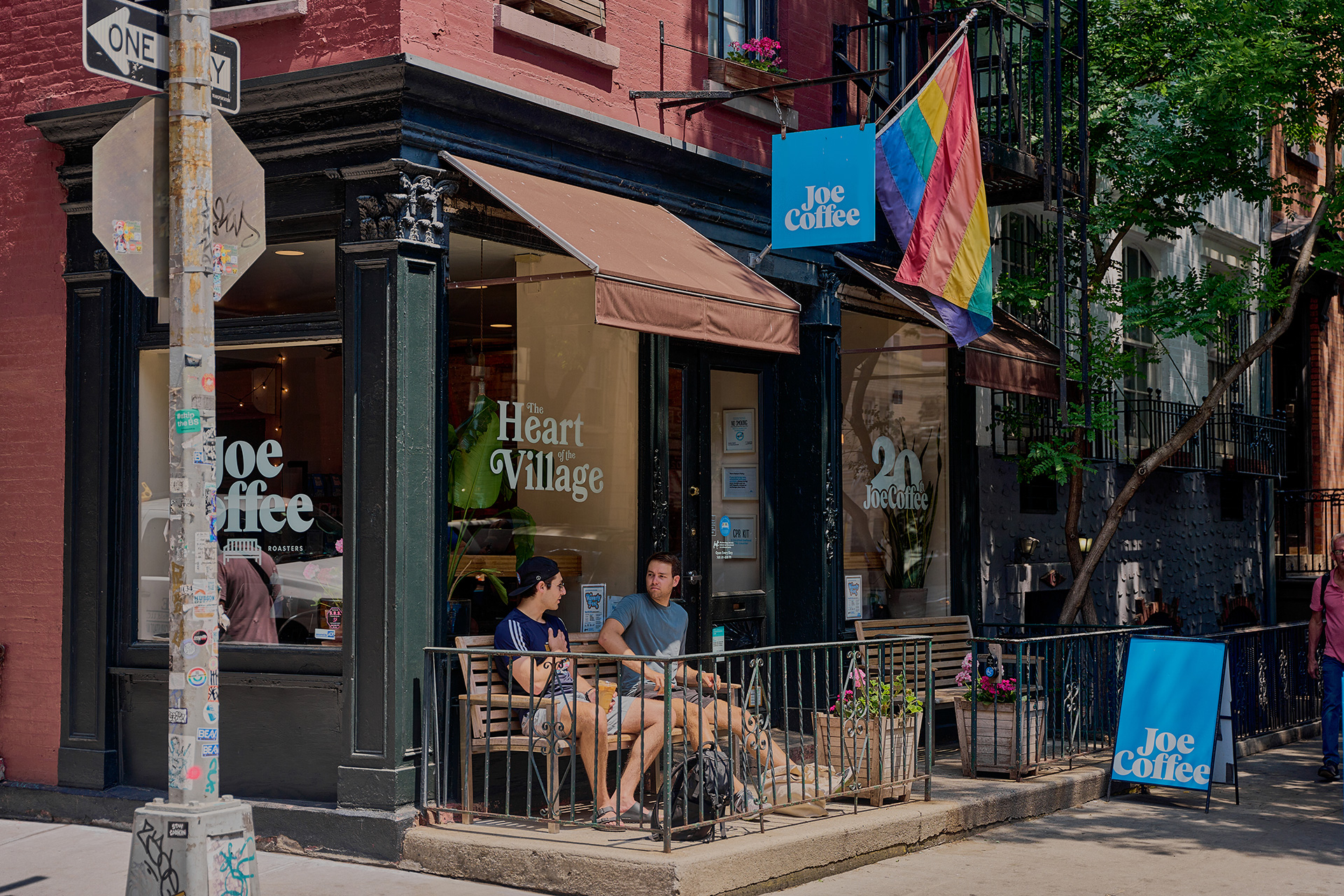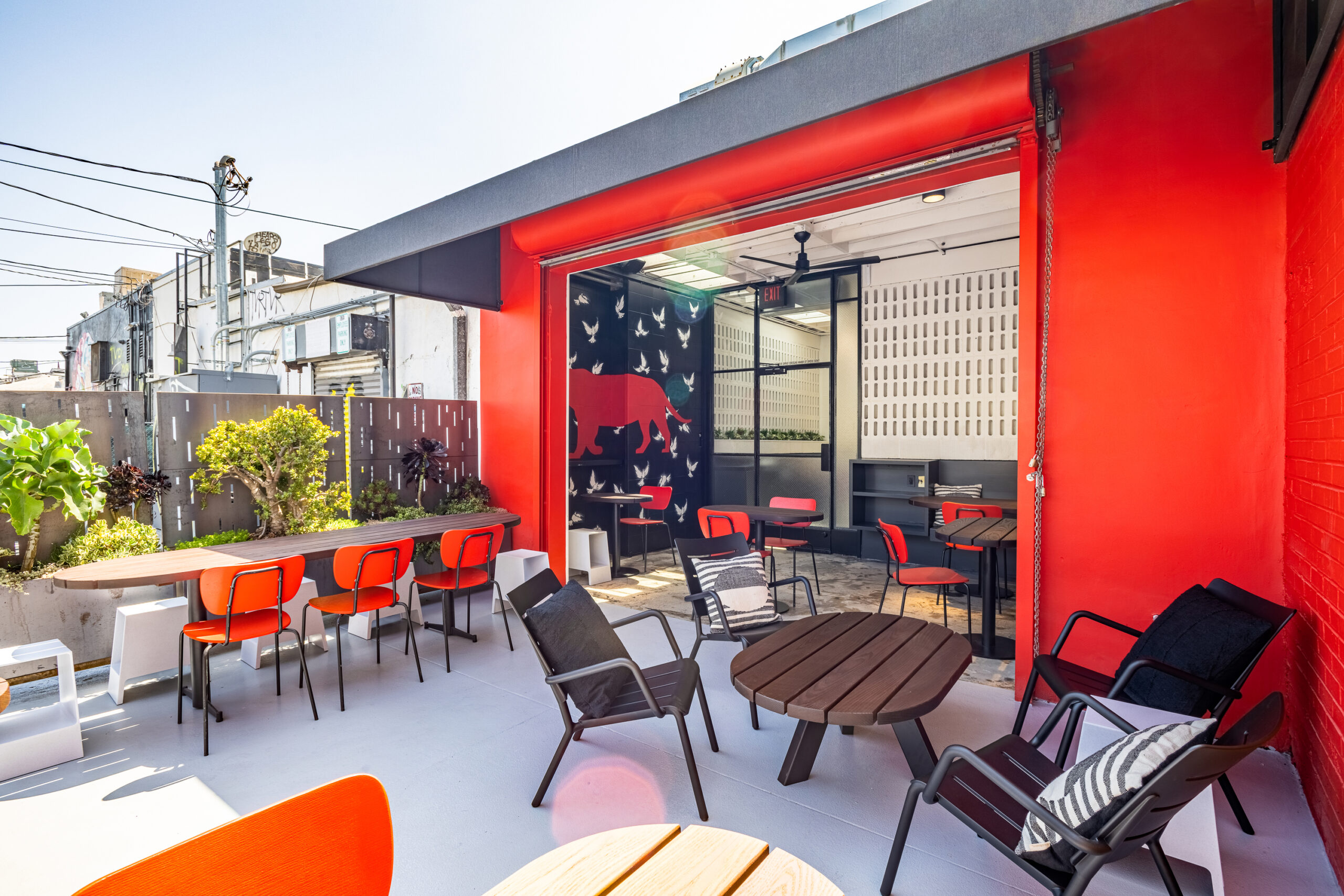In December of last year, we reported on the European Union approving a ban on the import of commodities, coffee included, linked to deforestation. The new law would require businesses to “prove when and where the products came from along with verifiable information that they were not grown on land that had been deforested any time after 2020.” But now, some companies are pushing back against the ban, citing its difficulty to implement.
As reported by Reuters, with the new law expected to be fully enacted by the end of 2024, companies like Lavazza and Mondelez—the makers of Cadbury—are raising concerns about the practicalities of the implementation.This comes, Reuters notes, after “voluntary, public commitments by the companies themselves.”
In particular, Lavazza Chairman Giuseppe Lavazza states that the “inherent characteristics of the coffee supply chain at the parcel level a huge challenge for the sector.” He states that more guidance from the EU is required due to the large number of intermediaries involved in taking coffee from origin to consumer.
“It will be very difficult to implement this law in practical terms, because the coffee supply chain is very complex and traceability is very difficult… We are talking to the European authorities through our association to try to find a way.”
Meanwhile, chocolate maker Mondelez argues that the focus should be on training farmers to improve crop yields and that there should be “more dialogue about how do we practically make something happen on the ground.” In response, the EU states that this new deforestation measure was enacted because the voluntary commitments these companies had previously made to clean up their supply chain of environmental issues have “largely failed to have an impact on the ground.”
Still, others in favor of the law don’t see it as insurmountable. Italian chocolate maker Ferrero states that they feel like they are in a good position to comply with the law because they already have some traceability systems in place. And in the coffee industry, traceability isn’t exactly a new concept. Transparency reports have been a somewhat common thing for specialty coffee roasters going back a decade or so at this point.
So while I won’t sit here and make any conjecture about why these brands are all of a sudden pushing back against a law they voluntarily agreed to—to baselessly accuse them of not wanting to uncover just how unethical their buying practices are or just being too lazy to give a damn, these things I’d never do—I will say that there are a lot of companies out there already doing the very difficult but equally necessary work of making sure their businesses are not contributing to the destruction of the planet. Maybe while these companies are getting it figured out, we could all spend our money on companies making an appreciable effort to be part of the solution, not the problem.
Zac Cadwalader is the managing editor at Sprudge Media Network and a staff writer based in Dallas. Read more Zac Cadwalader on Sprudge.




